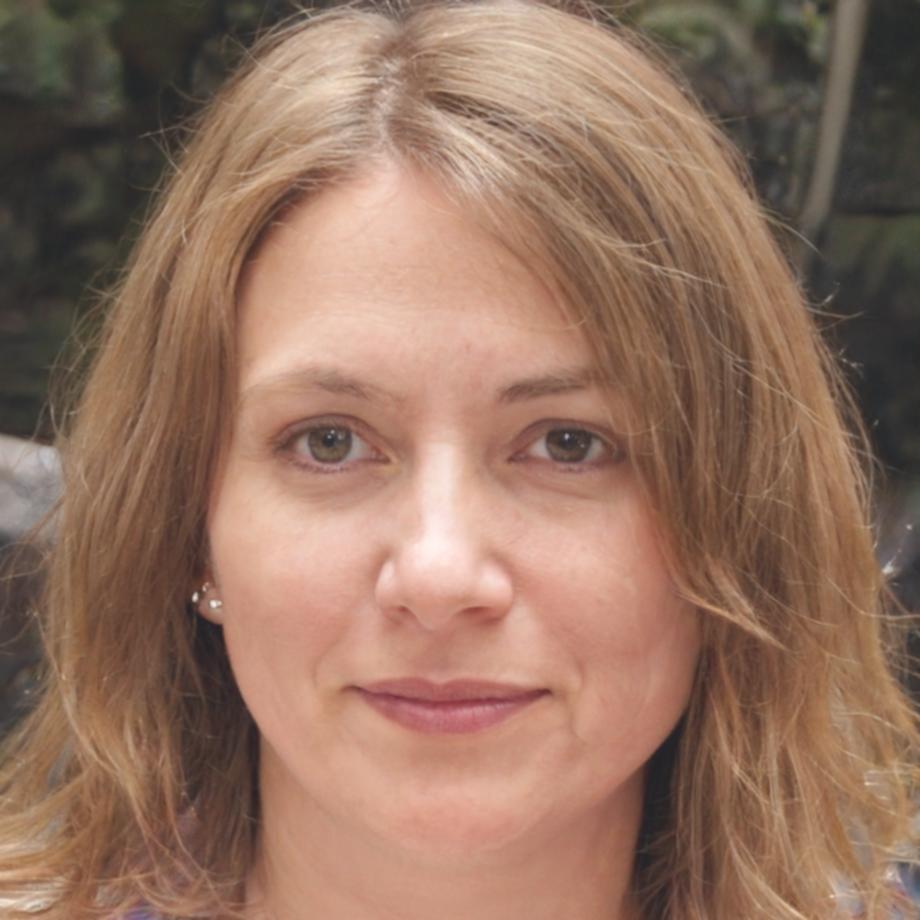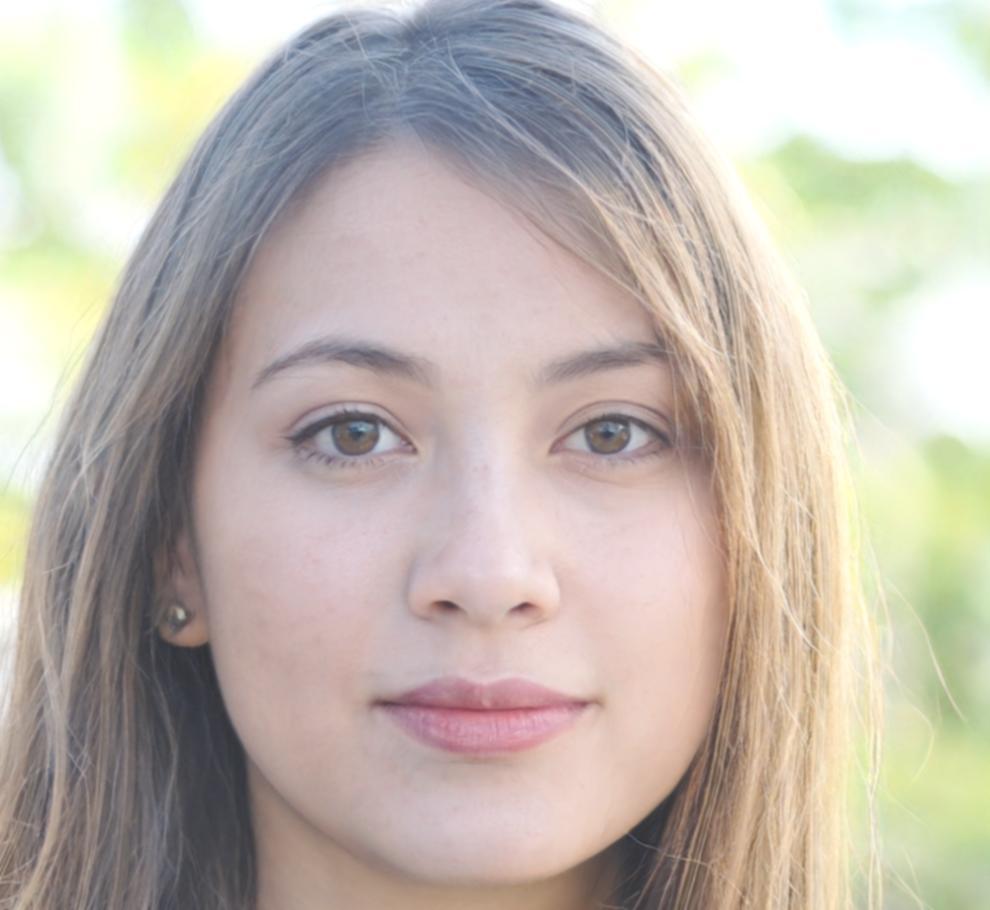Building Financial Confidence Through Practical Skills
We've spent years working with people who feel overwhelmed by their finances. The pattern is always the same—everyone knows they should budget, but nobody teaches you how to actually do it in a way that fits your life. That's what this program addresses.
Our twelve-month curriculum starts in September 2025, designed for Australian households managing real expenses with real pressures.
How the Program Works
We start with tracking—not as punishment, but as awareness. You'll learn three different methods and pick what actually works for your routine. Then we build a realistic budget around your spending patterns, not some idealized version.
Once you understand where money goes, we look at how to redirect it. This includes negotiating bills, understanding your superannuation options, and creating an emergency fund that matches your actual risk level.
The final six months cover goal-setting that isn't generic. Whether you're saving for property, planning a career shift, or just wanting breathing room—we build specific strategies around your timeline and constraints.

Who You'll Learn From
Our facilitators have backgrounds in financial counselling and personal banking. More importantly, they've both been exactly where you might be right now—figuring things out one mistake at a time.

Sienna Bardwell
Spent fifteen years as a mortgage broker before switching to education. She's particularly good at explaining compound interest in ways that don't require a calculator.

Rhiannon Thorpe
Former accountant who got tired of only seeing people's finances once a year. Now runs the monthly check-ins and small group sessions where most of the real learning happens.
What to Expect Month by Month
This isn't a lecture series. Each month builds on what you've already implemented, with time to adjust before adding the next layer.
We meet in person (or via video for regional participants) to set up tracking systems. You'll choose between app-based, spreadsheet, or envelope methods based on your comfort level.
Weekly check-ins help you spot where money actually goes versus where you think it goes. Most people are surprised—not because they're careless, but because modern spending is genuinely hard to track.
Using your actual spending data, we create a realistic budget. Not aspirational. Not punishing. Just honest allocation based on your priorities and fixed costs.
This is usually when people realize they've been setting impossible savings targets.
We review insurance policies, phone plans, energy providers—all the subscription-style expenses where most Australians are overpaying. You'll learn to negotiate and switch providers confidently.
The final phase covers retirement planning, property savings strategies, and building buffers for life changes. You'll leave with a personalized roadmap that extends well beyond the program.